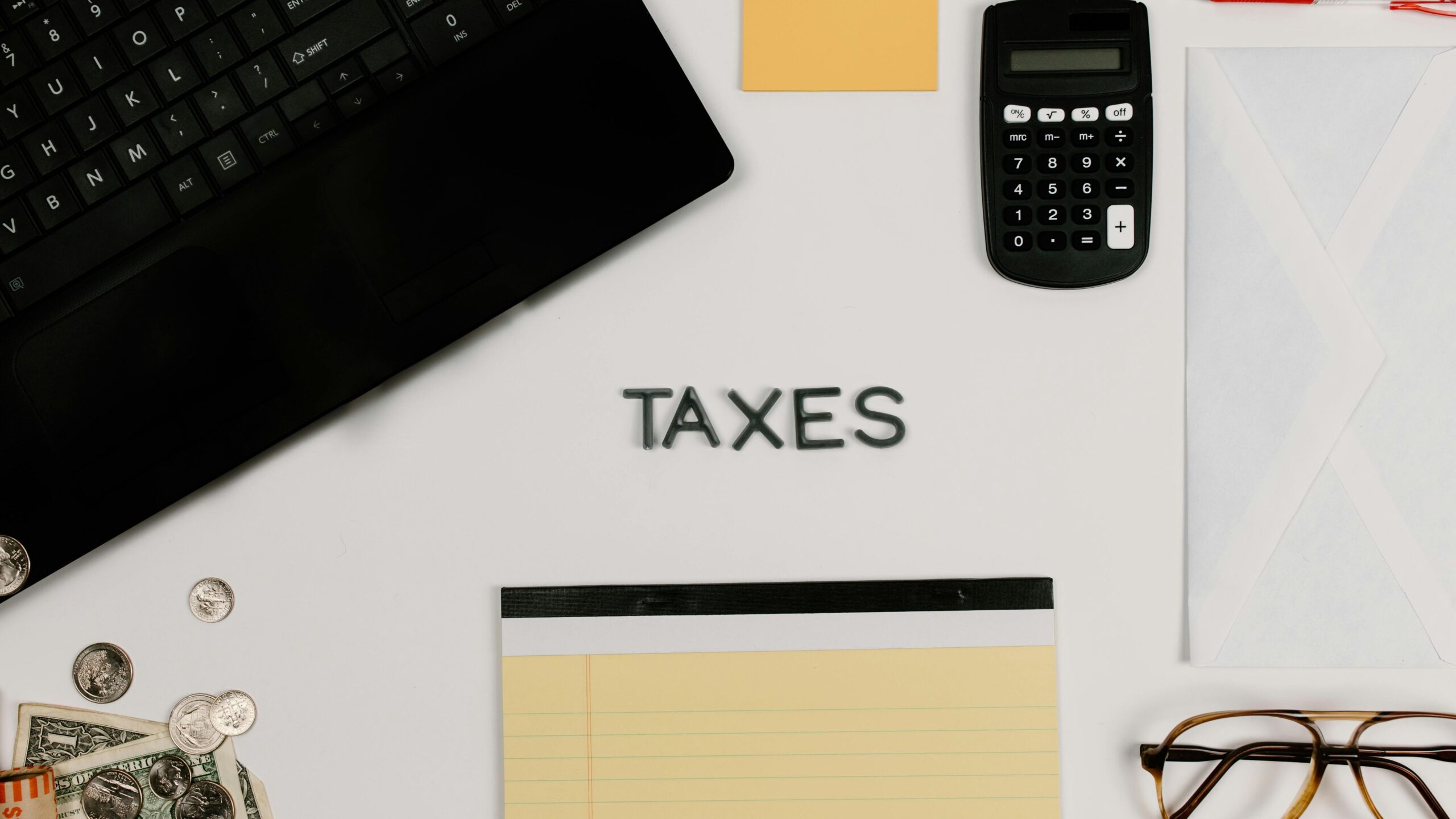
The 2023 tax season is in full swing, and many individuals are gearing up to file their annual tax returns.
Whether you are a seasoned taxpayer or new to the process, knowing tax changes and following essential tips can ensure a smooth experience.
Missouri State University’s tax expert Dr. Kerri Tassin, associate professor in the School of Accountancy, highlights how taxpayers can navigate this tax season effectively.
Be aware of changes to standard deduction and income thresholds
For tax year 2023, both the standard deduction and income thresholds have changed slightly to reflect the changing economy.
“Due to the recent levels of inflation, the income thresholds for the tax brackets have increased about 7% over the same amounts for 2022. The tax rates themselves did not change, just the amounts of taxable income for each bracket,” Tassin said.
The specific income thresholds applicable to taxpayers depend on their filing status. This status also dictates the standard deduction available to the taxpayer.
- For married couples filing jointly, the standard deduction has risen from $25,900 in 2022 to $27,700 in 2023.
- Single filers and married couples filing separately can now claim a standard deduction of $13,850, up from $12,950 in the previous year.
- Those filing as single heads of household will see their standard deduction increase to $20,800 in 2023 from $19,400 in 2022.
Choosing a professional tax preparer
While using a professional tax preparer costs money, there are some benefits.
“These professionals are educated about the latest changes in tax law,” Tassin said. “They will help you take advantage of the tax deductions and credits you’re entitled to claim while helping you to file a complete and accurate return. They can also assist you in the future should the IRS or state tax authorities audit your tax return.”
If you choose to use a tax preparer:
- Verify the credentials of your tax preparer – ensure your tax preparer has a Preparer Tax Identification Number (PTIN). This identification is mandatory for all paid tax preparers and signifies their legitimacy.
- Your tax preparer should sign your tax return as the preparer – this signature indicates accountability and adherence to tax regulations. Additionally, a reputable tax preparer will give you a copy of your tax return for your records. Transparency is key in the tax preparation process.
“Certain credentialed professional preparers will have the ability to represent you before the Internal Revenue Service (IRS) if necessary, in the case of an IRS audit, hearing or appeal,” Tassin said.
Consider choosing from these categories:
- Certified Public Accountants (CPA) – CPAs are licensed professionals with expertise in accounting and taxation. Verify their credentials through the state board of accountancy.
- Enrolled Agents (EA) – EAs are tax experts authorized by the IRS to represent taxpayers in matters concerning audits, hearings or appeals. You can verify their status by contacting the IRS.
- Tax attorneys – Tax attorneys are legal professionals who specialize in tax law. Confirm their credentials through the state bar website.
When it comes to hiring a tax preparer, Tassin shares red flags to note.
“Avoid preparers who make claims regarding large refunds or the ability to keep you from paying any taxes. Also, avoid preparers who base their fees on these types of claims,” Tassin said.
Additional tax filing season tips
If possible, file your taxes electronically.
“This method of filing usually results in a more accurate return. You’ll also get a refund quicker,” Tassin said.
She also advises people to choose direct deposit for their tax refund. This option ensures faster and more secure receipt of the refund compared to receiving a check by mail.
Find out more about the School of Accountancy
